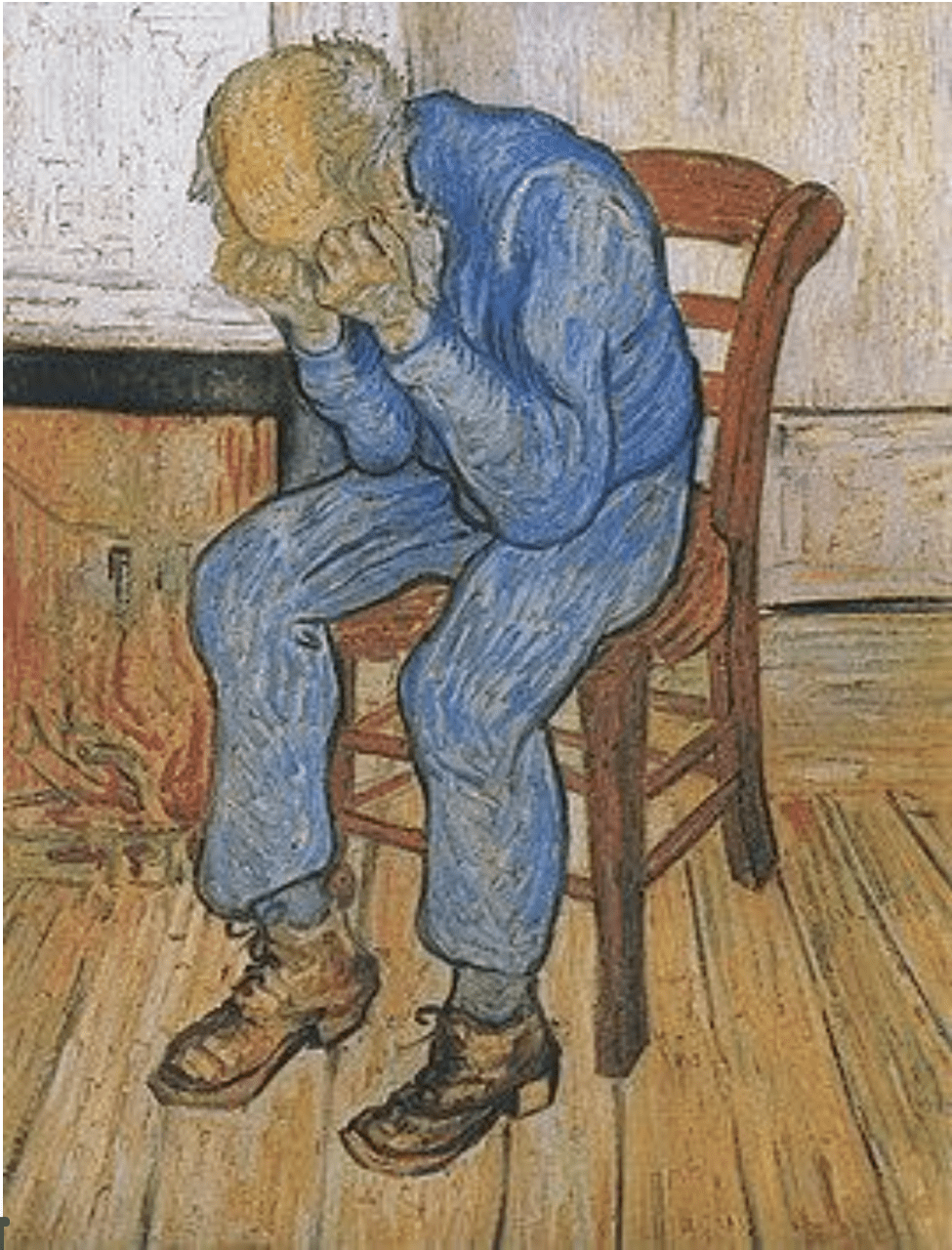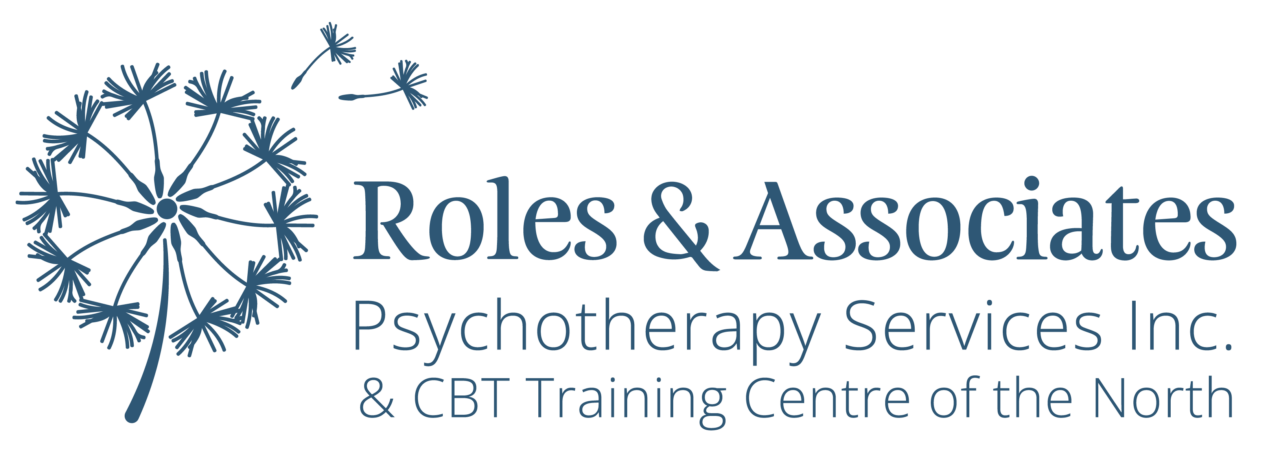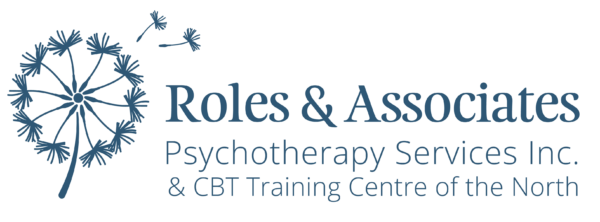Understanding Depression: Signs, Symptoms, and Treatment Options
Written By Jonathan Rom, MD MPH RP (Qualifying).
Our first blog of 2024 is here to shed some light on the topic of depression. Whether this information is new to you or a refresher, the topic can be complicated. Depression goes beyond normal sadness and experiences of this condition and can have a lot of personal nuances. When left untreated, it can lower quality of life, be linked to poor physical health outcomes, and can increase the risk of suicide. Each person might express feeling depressed differently. In fact, artists have been trying to capture that unique struggle for centuries, a striking example being Van Gough’s At Eternity’s Gate, seen below. We can look at this vivid, visual example and notice the body language, the colors, and the isolation naturally interpreted as signs of depression.

Clinical depression has many forms but we will focus on Unipolar Major Depression. To start, an episode of this condition is not the same as having a depressed mood all on its own. The Diagnostic and Statistical Manual (5th Edition; 2013) offers a guide on how to diagnose clinical depression, which affects 1 out of every 6 adults, worldwide 1. MDD is characterized by at least two weeks in which you experience a depressed mood and/or diminished interest or pleasure from all activities almost every day, combined with 4+ of the following:
- Considerable weight loss when not dieting; Weight gain; Decrease or increase in appetite
- Inability to sleep or over-sleeping
- Slowing of your body’s motor functions
- Fatigue
- Feelings of worthlessness; Excessive or inappropriate guilt
- Diminished ability to think or concentrate; Indecisiveness
- Recurrent thoughts of death (not fear of dying); Recurrent suicidal thoughts without a specific plan; Suicide attempts or a specific plan for committing suicide 1
The other key element for the MDD diagnosis is that it causes you distress or impairs your ability to function in your daily life. It is important to seek professional help and not to self diagnose because other medical conditions can mimic some of the same symptoms. Also, there are other psychiatric diagnoses that include the symptoms of depression listed above with additional symptoms. MDD captures a lot of features of being depressed, but even someone who does not meet all of these criteria may need to seek out help.
Treatment for depression can include medication (oftentimes antidepressants), psychotherapy, or a combination of both. In fact, strong evidence supports that both treatments work better when used together in comparison to either alone particularly when the depression is moderate to severe2. There are many different antidepressants, which all require a prescription, and choosing the right one is done with the help of a prescriber (e.g. family physician, nurse practitioner or psychiatrist). When choosing a medication with your prescriber make sure that you tell them about the severity of your depression, if there are other medical conditions present, and your tolerance of differing side-effects. These medications take time (often 4-6 weeks) to get to their full beneficial effect depending on how your body interacts with them 3. If you decide to stop taking them make sure you talk to your prescriber so the medications are discontinued gradually to prevent additional unwanted effects. Please talk to your provider about why you stopped taking them, including any unwanted side-effects, and if you might be willing to try another medication that may be of benefit to you.
It can sometimes take trying a few different types of medications for the full 4-6 week period before you might find something that works for you. Although this can be frustrating it is important to persevere and not give up hope as the next one might be the one that works for you.
There is a large body of evidence to support psychotherapy as an effective treatment of depression 2. Again, it’s worth noting that moderate to severe depression is best treated with both psychotherapy and medication 2. Cognitive Behavioural Therapy (CBT) is an evidenced based psychotherapy for the treatment of depression. Psychotherapies, such as CBT, are designed to both improve symptoms of depression and to help develop coping skills that maintain benefits after the treatment ends. In Ontario, psychotherapists are regulated under the College of Registered Psychotherapists, College of Nurses of Ontario, College of Occupational Therapists of Ontario, College of Physicians and Surgeons of Ontario, College of Psychologists of Ontario, and the Ontario College of Social Workers and Social Service Workers. Seeking any of these mental health professionals who have received the proper training and skill set to provide psychotherapy for depression and who you have a trusting rapport with, can be extremely helpful in reducing symptoms of depression.
Citations:
- Otte, C., Gold, S. M., Penninx, B. W., Pariante, C. M., Etkin, A., Fava, M., … Schatzberg, A. F. (2016). Major depressive disorder. Nature Reviews. Disease Primers, 2(1), 16065-. https://doi.org/10.1038/nrdp.2016.65
- Cuijpers, P., Noma, H., Karyotaki, E., Vinkers, C. H., Cipriani, Andrea, & Furukawa, T. A. (2020). A network meta‐analysis of the effects of psychotherapies, pharmacotherapies and their combination in the treatment of adult depression. World Psychiatry, 19(1), 92–107. https://doi.org/10.1002/wps.20701
- Kato, M., & Serretti, A. (2010). Review and meta-analysis of antidepressant pharmacogenetic findings in major depressive disorder. Molecular Psychiatry, 15(5), 473–500. https://doi.org/10.1038/mp.2008.116

